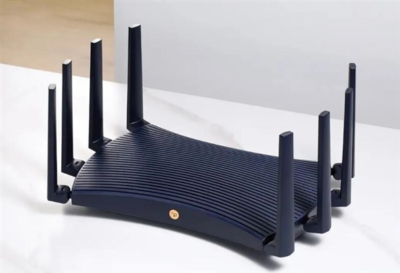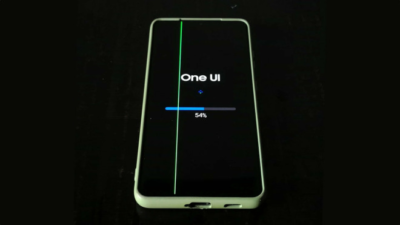U.S. Government To Restrict TSMC From Supplying Chips To Huawei

The U.S. government is getting hard on Huawei again, after a long trade war the U.S. government is now turning off the chip tap on Huawei. According to the Trump administration, the Chinese smartphone giant and telecommunications equipment supplier can no longer be supplied with processors and similar products by its suppliers.
As the US Department of Commerce announced today, the guidelines for companies that are on the “blacklist” and are therefore effectively affected by a trade ban are now being adjusted to make it more difficult for Huawei to procure processors and other products and their manufactures using the technology of US manufacturers.
Suppliers need U.S. permission to work for Huawei
Specifically, it is now practically no longer possible for the Taiwanese contract manufacturer TSMC, the largest provider of this type in the world, to deliver the chips of the Huawei HiSilicon Kirin series produced by Huawei to the Chinese manufacturer. The background to this is the fact that the majority of manufacturing facilities at TSMC also come from American companies since this niche is dominated by US suppliers.
Since TSMC now requires permission from the US government to produce Huawei chips on the manufacturing equipment supplied by US manufacturers for the smartphone provider affected by the trade ban, the contract manufacturer must probably end the cooperation with Huawei for the time being. However, there is a certain amount of time in which TSMC can still deliver to Huawei.
Last regular wafer deliveries must be completed in 120 days
Specifically, the US Commerce Department announced that wafers that are currently in production can still be delivered to Huawei over a period of 120 days. However, it is assumed that the delivery must be guaranteed to be completed within this time. The manufacture of the chips must have started by Friday, if this regulation is to be used, it is said.
The US government is responding with the adjustment of the so-called Foreign Direct Product Rule, according to its own statements, to the alleged “exploitation of highly technical loopholes” by Huawei and subsidiaries, which made it possible for the Chinese company, despite the US trade ban, to produce products ” US technology “. Basically, it intervenes in the business of foreign companies to prevent their cooperation with Huawei. In fact, Huawei only uses the options available in the international market, because various other companies have their products manufactured by TSMC. The Taiwanese contract manufacturer logically uses the machines developed by these manufacturers in cooperation with US companies to produce the chips ordered by its customers.
The background to the now tightened US regulations is an obscure fear on the part of the government thereof allegedly exploiting security gaps. For years, Huawei has been accused of allowing the Chinese government to spy and monitor its products in western countries such as the United States. To date, however, this has not been proven by the US secret services and authorities, nor by private security experts.
Digital marketing enthusiast and industry professional in Digital technologies, Technology News, Mobile phones, software, gadgets with vast experience in the tech industry, I have a keen interest in technology, News breaking.











